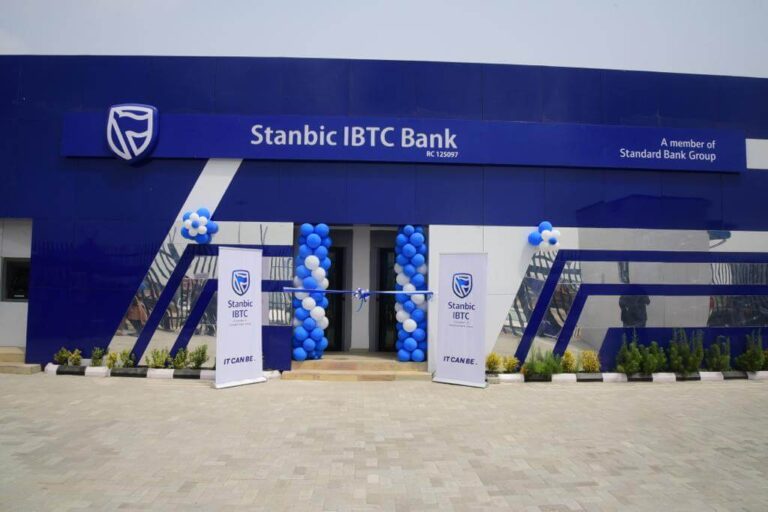LAGOS – Nigeria’s private sector expansion weakened in June 2025, with business activity growing at its slowest pace in seven months, according to the latest Stanbic IBTC Purchasing Managers’ Index (PMI). The headline PMI fell to 51.6 (from 52.7 in May), signaling a fragile economic recovery despite easing inflation.
Key Findings
Slower Growth – PMI dipped but stayed above 50.0 (expansion threshold).
Weak Demand – New orders rose at the slowest rate in five months.
Manufacturing Decline – Sector contracted, while agriculture & services saw modest gains.
Cautious Business Sentiment – Firms hesitant to hike prices despite high costs.
Inflation Eases, But Challenges Persist
Headline Inflation: Dropped to 22.97% in May (from 23.71% in April).
Monthly Inflation: Fell to 1.53% (from 1.86%).
Why?
✔ Lower food, utility, and healthcare costs
✔ Government reforms showing early impact
But…
Input costs remain high (though rising at slowest pace in 25 months).
Power shortages, supply delays, and weak demand stifle growth.
Sector-Specific Struggles
Manufacturing – Production declined due to weak orders.
Agriculture/Services – Modest growth, but below potential.
Employment – Stagnant after slight dip in May.
Biggest Pain Points:
Power outages
Low customer spending
Payment delays
Silver Lining: Business Optimism Improves
Confidence hits highest since August 2022 – Firms plan infrastructure investments and expansion.
What’s Next?
-
Central Bank’s next move: Will interest rates stay high?
-
Government reforms: Can they sustain inflation slowdown?
-
Private sector resilience: Will firms invest despite headwinds?
Why This Matters
Nigeria’s economy remains in a tightrope walk—balancing cooling inflation against weak business activity. The manufacturing slump is particularly worrying, as it drives jobs and GDP.

